Projection Teaming. Yeah, I got this.
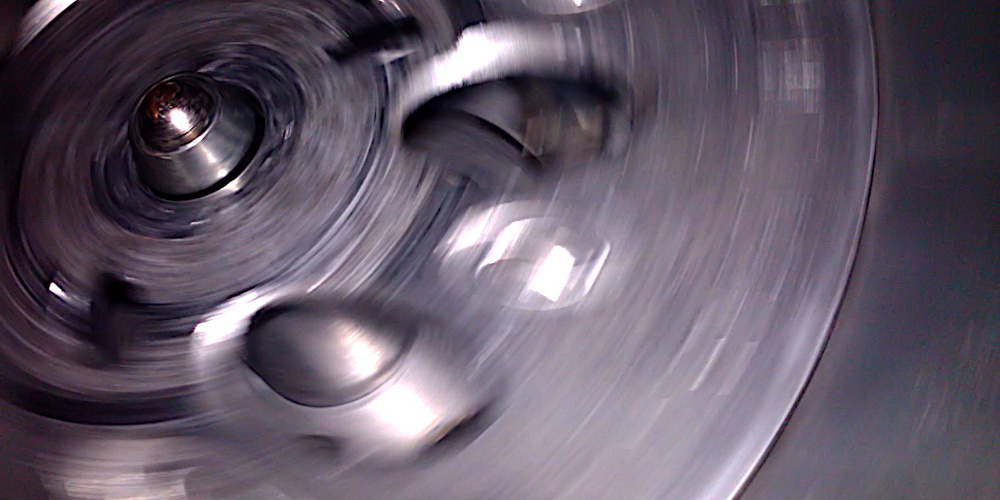
This is vanity talking but projectionists were the theater SEAL teams in film and early digital years. The three- to ten-people cluster of mechanically inclined, take-charge, responsible types who can keep both equipment and schedules running. My first team was all that. Paul Koenig, Russ Quan, Chris Dixon, Jason Andrade, and me. That first summer was golden, we had a good run. Peter and Malissa were solid additions, others weren’t. But when everything clicked even the 12-hour shifts were fun, just folks doing what they were good at and getting (kinda) paid. That was at the Burbank 14 way back in ’95, but I had a hand on the wheel at every booth since then.
Even at the staff level from the 14 I was a trainer for the booth at the 8. When the clowns at the 6 exploded a print of ‘Mulholland Falls’, that’s where I went to help for a few hours after my own closing shift at the 14 was over.
Being a manager who knew booth was some real leverage though. In that position you’re steering that entire community, which is an entire operational kingdom within the larger theater. A booth has its own staffing and workload and personality dynamics. The environment is so different and so segregated from the rest of daily operations that booth staffs frequently develop into their own clique on the schedule. In the hands of bad or careless managers, that can get counterproductive or even adversarial very quickly.
And most managers honestly had no skill for that kind of leadership. They were there to be part of a leadership team to part of a staff team, NOT to be the one guy/gal an entire team looked to for support. So it was easy for management teams to drop the area on me, it was easy work for me, and honestly it made things better for the booth operators – and so the entire buildings – involved.
Throughout Burbank, Brian and I (mostly Brian) were the go-to’s for projection needs so there were frequent escapes from guest-facing work. Specifically at the 6 I was picking and training booth operators, and I was the closing manager there on Thursday nights making sure they had the tools to switch weeks smoothly.
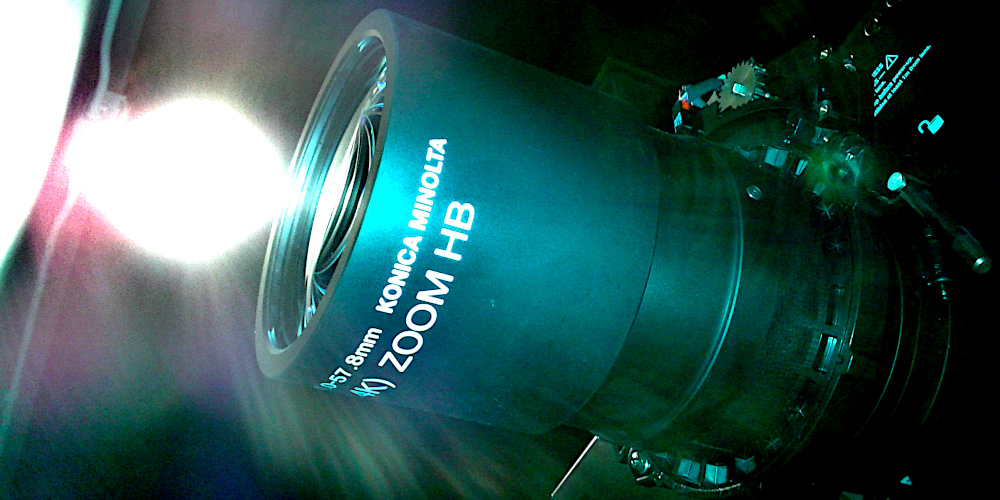
At the former General Cinemas in Sherman Oaks, managers kinda needed to know booth, staffing was sometimes just that tight. But I remember the first opening shift at the 5-plex, with no opening operator scheduled and a booth filled with Cinemeccanica projectors I’d never seen, much less threaded, before. Figuring that first one out was an exciting half-hour.
Century City, Santa Anita, and later Burbank had their own dedicated booth managers so my own expertise during some of those tenures was less vital than others. But it was during those later AMC years that I was running projection classes for management across the entire LA circuit.
Switching to Pacific got me more connected back to individual teams. For all that Pacific was generally better with people-facing leadership than AMC had been, their teams frequently had even less technical facility than AMC’s teams. So booths tended to get left to their own devices, leading to those counterproductive and adversarial dynamics. I got hired into the Grove’s booth as part of a replacement crew after their previous crew had pretty much all up and quit in protest of crummy leadership.
My first management spot at Pacific almost repeated that exact same pattern. The “booth manager” (more on him later) was not skilled at the task at all, and had so alienated the crew that they approached the managers to lobby them as a group for better conditions. That was my introduction to Pasadena, it happened on my very first weekend there. And the manager who’d caused the problem just blew them off- he didn’t think that was an appropriate time. “They can wait.” That was also his last week in charge of the booth at Pasadena. Turning that booth around was my project for the next few months, but the staff were all generally down for it. They just needed leadership that didn’t suck. There were the disconnected managers, the staff, and an abrasive union tech who’d been tasked with too much responsibility for everything. I pulled the tech back to the strictly-maintenance work he was supposed to be doing, stepped in as the primary tech and human support/direction role for the staff, and got the managers re-connected to what they’d let slip. There was some friction from the tech at first because he was used to managers who were all talk, but once he saw me realigning rollers and started hearing good things from the staff, he got on board with doing less and achieving more. The projection staff were all down for making things work; we went from a closed community to a base community with an adjacent loop of folks training through. From a fixed, fractured, and vulnerable team that was heavily dependent on one manager for (bad) solutions, to a community of leaders and capable hands all looking out for each other and the shows.
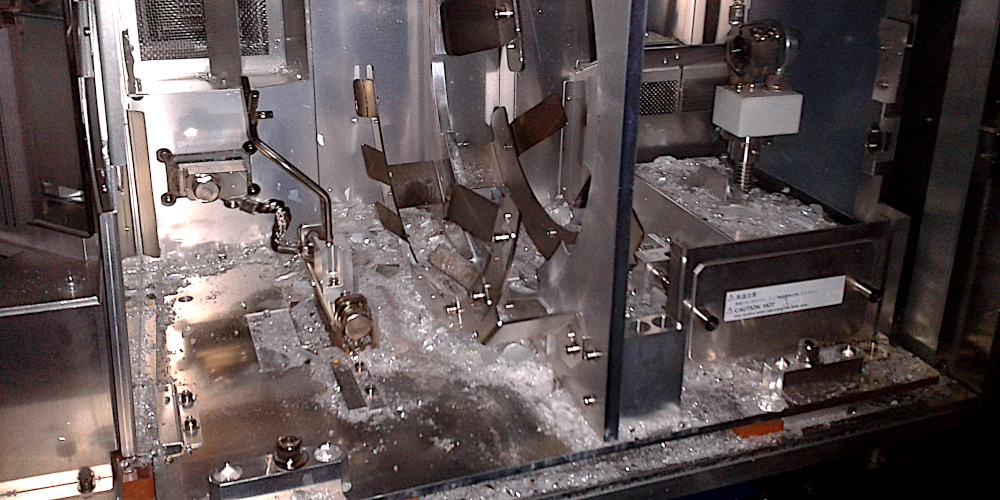
And then at ArcLight Sherman Oaks I did it all again.
Seriously.
Because – get this – the manager who’d screwed up the booth operation at Pasadena? He was put in charge of the booth operations at Sherman Oaks. And for scale, Sherman Oaks was the second ArcLight to open. It was half the company, so everything that happened there was material to the success of the corporation. The work that we did as managers actually kinda MATTERED there, at least proportionally more than it tended to elsewhere. And AFTER this guy had demonstrated a clear need for greater skills in that department at Pasadena, he was transferred and put in charge of the booth at Sherman Oaks.
Seriously.
But I had more fun things going on, because Pacific was opening up a new site in Glendale and I was in charge of spinning up the booth operations. Building up staffing and processes from scratch. That year had a few bumpy months but most of those opening picks were spot-on. The Glendale team – behind Burbank and Pasadena – was my third crew, I was proud of those folks. We had three or four McGyvers and a handful of capable role-players. Once the opening kinks were worked out they were no less capable than those earlier teams had been. I was able to be the controller and concession manager as well as the booth manager, because my team in the booth had their work down.
But the year I spent building the booth at Glendale, that Pasadena guy spent breaking the booth at Sherman Oaks.
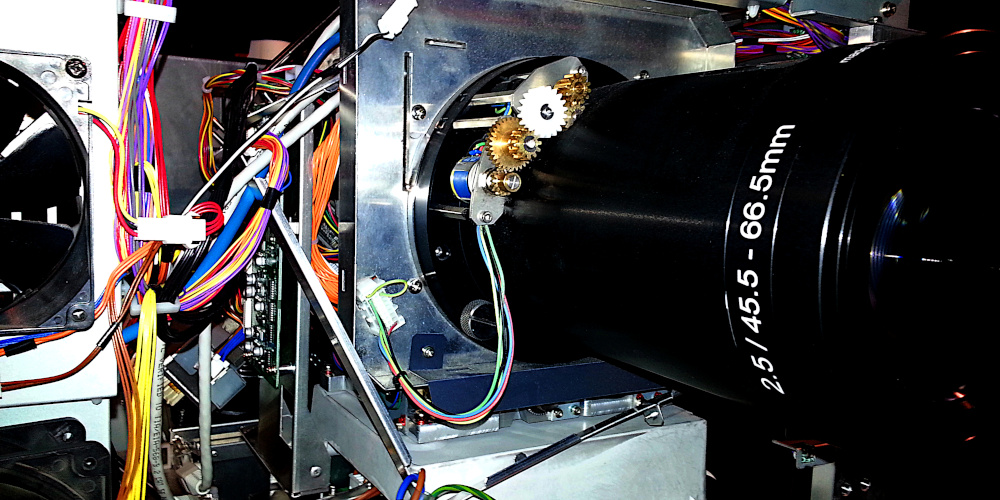
So I got transferred to Sherman Oaks to (again) fix what this guy had (again) broken. And as bad as Pasadena had been under his “leadership”, Sherman Oaks was worse. The team at Sherman Oaks had already begun to defect and there was no pipeline to replace anyone, so this manager guy was having to work actual staff shifts to replace the labor he’d alienated. This guy was running shows, and not just stepping in to help out, but necessarily working entire shifts. I can’t describe how bad that was. For the building, for the booth operators, for a reflection of his own skills. The ArcLights were the crown jewels and presentations were supposed to be at the center of that, and here’s this guy dragging half of that potential through the mud?
Seriously.
But the core of the booth team at Sherman Oaks was just as solid as they’d been at every other booth. They just needed the actual support of actual leadership. And same as at Pasadena before, we switched to a mode of training and building and growing. I started a handful of shows that year partly to provide backup and partly just for fun, but never had to work an actual staff shift- I solved for that nonsense on the schedule from week one. And just like at Pasadena, by the end of that year we had a solid and sustainable community of operators and training. Three operators on the reel-to-reel instead of one. The girl with the most skills, who was the closest to quitting when I switched in, was happy and in charge of a functional kingdom. The booth became a destination on the schedule, staff wanted to get into the booth because the work was simply better there. An advantage of booth being so silo’d from the rest of the operation is that sometimes booth can be running much more smoothly than the rest of the operation.
And that was all of my booths.
And always because of the teams involved.
Way back at Burbank, it was Paul who taught me how to program the Strongs. Chris was the first guy to call me ‘boss’. Russ and Jason had my back with their own skills. I was the guy writing schedules and coordinating all of the weekly tasks to completion, but my work would have completely failed without them.
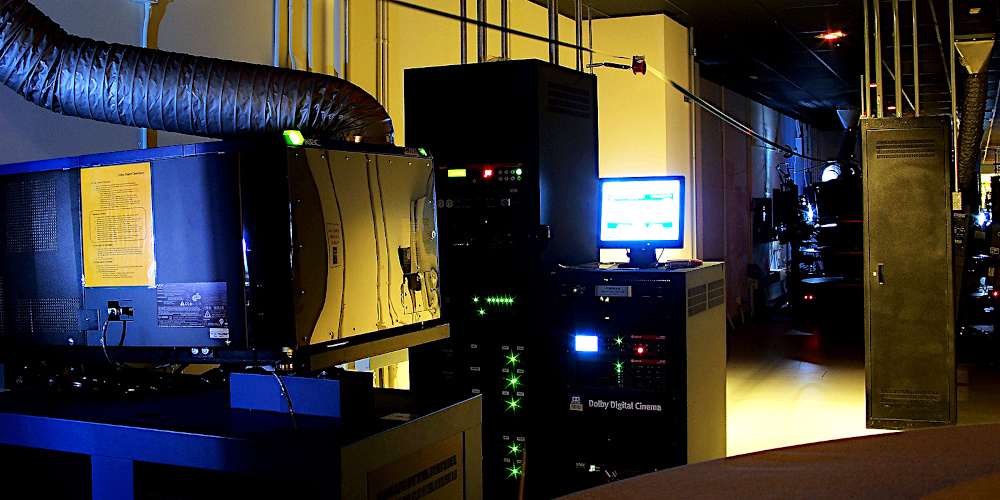
Same at Pasadena, at Glendale, and at Sherman Oaks. The folks who do well at booth are generally the same kind of folks from one building to the next. They are technical and capable personalities who are frequently kept at arms’ length from a business that needs them but doesn’t have much familiarity with technology or capability. For all their similarities they’re not interchangeable; those mechanically-inclined personalities are themselves as diverse as the un-inclined folks slinging the popcorn. Every team needs its own little stroke of magic to work just right. I’ll gladly take credit for being the right hand on the wheel- I’ve seen firsthand what a difference the wrong hand can make. But in every case, my skill has been for connecting those teams to the magic that makes their own easier. They’re the ones doing the work.
Which is how management is supposed to work in the first place, CLETUS.
Seriously.